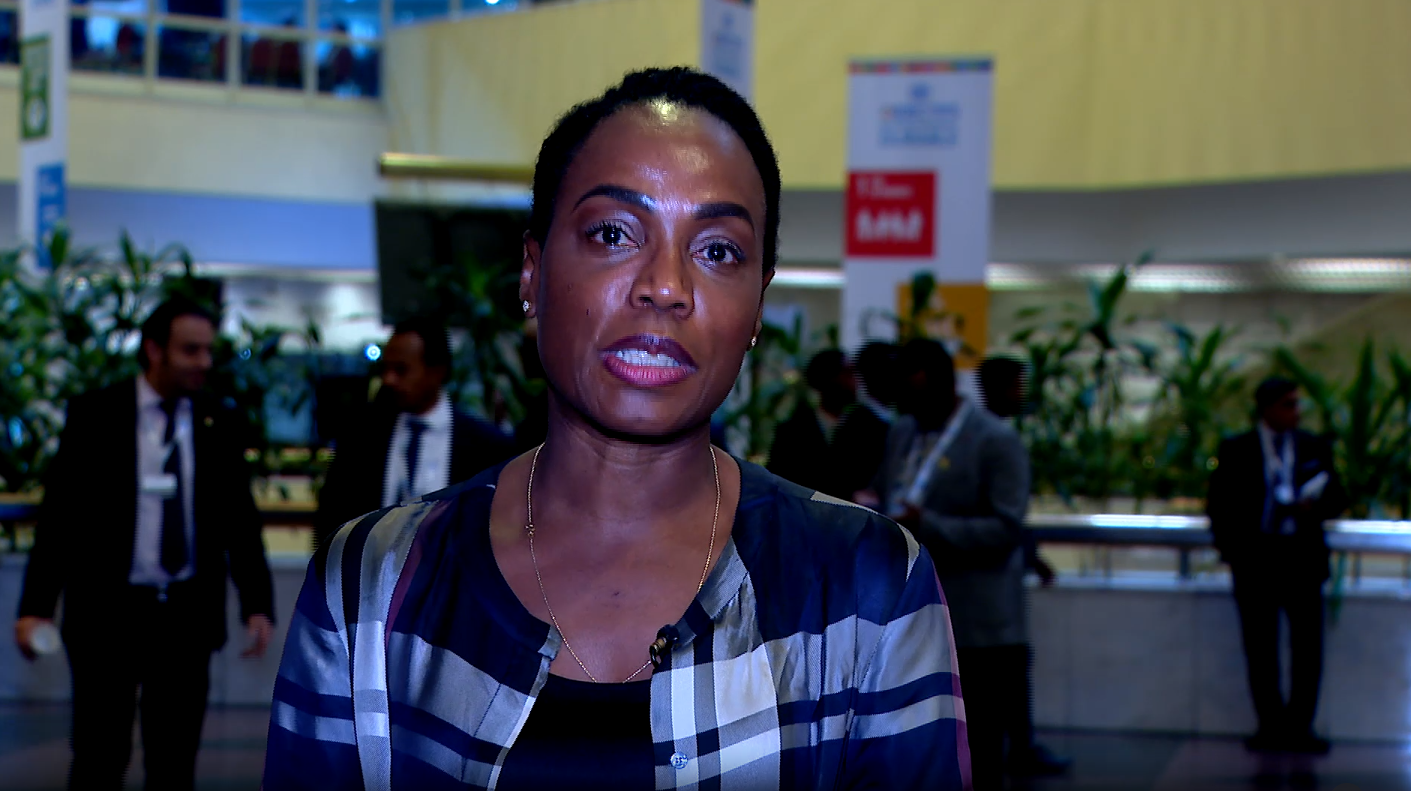African Nations Urged to Effectively Track Nat'l Budget Allocations to Food Systems, Develop Active Approach to External Funding - ENA English
African Nations Urged to Effectively Track Nat'l Budget Allocations to Food Systems, Develop Active Approach to External Funding

Addis Ababa, July 28, 2025 (ENA) -- A critical lack of data and a reactive approach to external funding are hindering Africa’s progress towards food security, Director, IFAD Food Systems Summit Coordination Nadine Gbossa said.
Speaking to ENA, the Director stressed that a critical lack of data and a reactive approach to external funding are hindering the continent's progress towards food security.
"If you ask most governments, how much are you putting into food systems? Nobody can answer, because nobody knows," Gbossa said, highlighting the urgent need for transparency in financial flows.
African nations must prioritize and strategically direct their domestic resources, leveraging tools like the Financial Flows to Food Systems (3FS) tool, co-developed by IFAD and the World Bank.
According to her, this innovative framework empowers governments to track national budget allocations to food systems.
Understanding exactly where funds are being channeled is the first step towards effective and impactful investment, she added.
The Director urged the nations to also monitor external development assistance.
While development aid to African food systems has increased by 20 percent over the past five years, Gbossa noted that it is still insufficient for the monumental transformation required.
Knowing how much is coming from partners allows for strategic planning and adaptation if sources shift, she noted, calling on the countries to lead their own financing strategies.
"It has to come from African-owned initiatives to mobilize resources first," with development partners playing a crucial complementary role, Gbossa asserted.
By gaining clear visibility and leadership over their food systems financing, African countries can make informed decisions, anticipate challenges, and proactively build resilient and sustainable food systems.
She further pointed out that approximately one-quarter of all resources for food systems in Africa are currently being diverted to food assistance in countries affected by crisis, conflict, and climate vulnerability.
The Country Director declared that conflict resolution is the single most important action to alleviate human suffering and free up these vital resources for long-term systemic change rather than immediate relief.
This shift, Gbossa explained, is crucial for investing in foundational changes that can prevent future dependencies on food assistance and address the root causes of food insecurity across the continent.